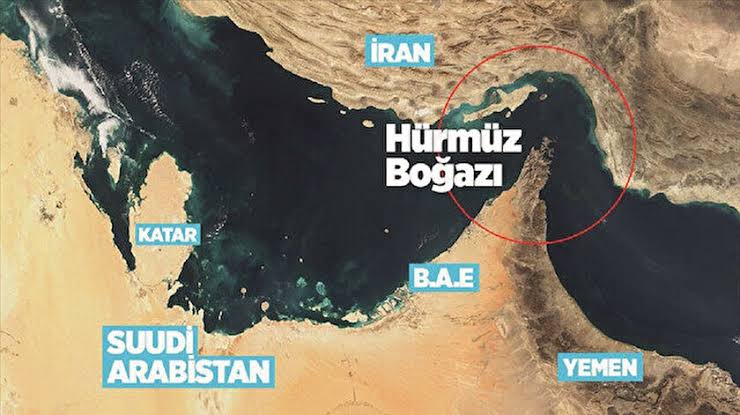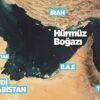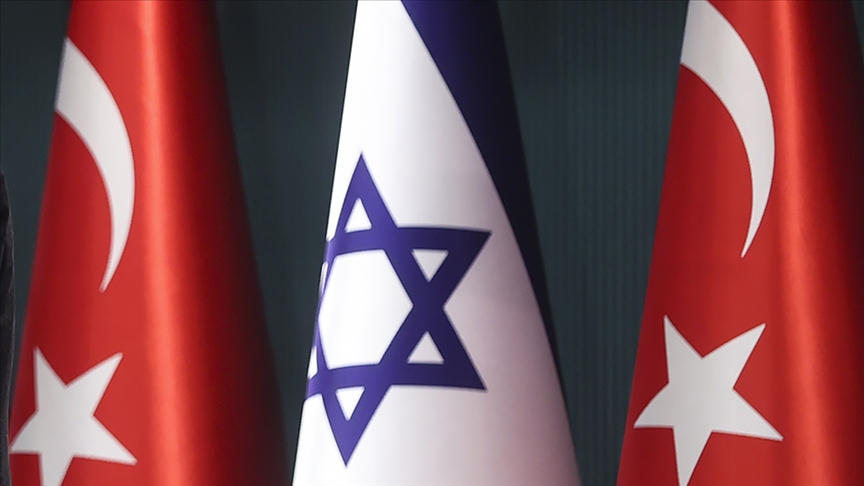The islands of Abu Musa, Lesser and Greater Tunb, located at the entrance of the Persian Gulf, have been the source of tension between the UAE and Iran since their annexation by Iran in 1971. Due to the islands’ location, the UAE has stated that Iran is an occupier of these three islands and has sought to create international public opinion regarding the UAE’s ownership of the three islands. It has been observed that this public opinion created by the UAE has found resonance even within Russia, which cooperates with Iran. These three disputed islands in the Persian Gulf were discussed at the summit held in Moscow between Russia and the Gulf Cooperation Council. The cooperation effort in bilateral relations mentioned in the joint declaration of Russia and Gulf Countries on July 10, 2023, was found quite disturbing by Iran, and as a result, Iran summoned Russia’s Tehran ambassador to the Foreign Ministry building. In Iran’s statement on the matter, it was emphasized that the sovereignty rights of these three islands within Iran’s territorial integrity belong entirely to Iran, and it was stated that Russia’s partisan policy was concerning.
Annexation and Location of the Three Islands
After Britain announced it would leave the Gulf Region in 1968, the task of filling the power vacuum in the Region was given to Shah’s Iran, one of the closest allies of the US in the Cold War. After Britain’s withdrawal from the gulf, these three disputed islands were announced to be annexed by Iran in 1971 by Shah Mohammad Reza Pahlavi, and after the Iranian Islamic Revolution, these three islands continued under Iran’s sovereignty. Abu Musa, Lesser and Greater Tunb Islands, located in the Persian Gulf side of the Strait of Hormuz, have not been accepted by the UAE as belonging to Iran and thus have become one of the crisis areas in Iran-UAE relations. As mentioned earlier, the UAE emirates state that these islands are within their territorial waters and seek support from the international community, primarily the Gulf Cooperation Council. The UAE-backed stance of the Gulf Cooperation, in particular, has pushed Iran into an isolated position in the gulf.
It needs to be well examined why Iran cannot give up these three islands. We can determine that one of the sole reasons why Abu Musa, Greater and Lesser Tunb islands are so controversial is their location at the entrance of the Strait of Hormuz, which is the key part of the gulf. Beyond the geopolitically important position of these three disputed islands, they are also located in an important position within the Persian Gulf, where 1/3 of world oil shipments are made. Consequently, due to the key position of these three islands, Iran does not want to give up their sovereignty rights.
Russia’s Attitude Regarding the Three Islands in the Gulf and Iran’s BRICS Membership
Russia’s moderate statements about the position of these three islands are seen to have changed in 2023. Russia’s reluctance on these islands despite being in cooperation with Iran and supporting Iran in many aspects should be well understood.
Russia’s joint statement with the Gulf Cooperation Council on July 10 regarding the position of the three islands in the Gulf is considered unacceptable by Iran. On July 11, Iranian Foreign Ministry Spokesman Naser Kanani stated in his statement about the position of these islands that Iran will be the owner of these three islands forever. However, the point to note here is that despite Iran’s close cooperation with Russia, statements are being made by Russia suggesting that the sovereignty rights of these islands do not belong to Iran. On the other hand, the summit being held in Moscow before Iran’s BRICS membership and the use of contradictory expressions about the three islands belonging to Iran in the statements made after the summit is noteworthy. The acceptance of UAE’s BRICS membership alongside Iran completely increases the possibility that the problems between these two countries cannot be resolved. Iran has become a BRICS member along with its search to become a regional actor in a multipolar world instead of an isolated foreign policy. However, UAE’s membership in BRICS causes us to question the legitimacy of these three islands in the Gulf belonging to Iran.
Although the Iranian Revolutionary Guards’ military exercise in the Persian Gulf on August 2, 2023, appears to be a show of force against the US, Iran’s amphibious landing on Abu Musa, Greater and Lesser Tunb islands shows Iran’s stance regarding these islands. Iran not only does not take a step back regarding these three disputed islands but also cannot develop diplomacy in the international community regarding these islands. On the other hand, UAE is developing and implementing diplomacy about these islands belonging to them. UAE’s BRICS membership is also important in terms of showing that UAE’s membership is as important as Iran’s among BRICS members. From Russia’s perspective, Russia shows reluctance on these disputed islands of Iran. Therefore, it seems possible that the issue of these three islands affects Iran-Russia relations, even indirectly. For example, Russia’s summit with the GCC and subsequent statement shows that it wants a more balanced gulf instead of Iran dominating the gulf.
Assessment
In general, it seems quite possible that the position of these three disputed islands developing under the shadow of Russia-Iran relations will affect Iran and Russia relations indirectly. Iran’s complete unwillingness to give up sovereignty rights of these islands and willingness to defend them strengthens the possibility of a crisis regarding these islands in the future. On the other hand, Russia’s close relations with the UAE and other gulf countries create a dilemma in developing relations between Russia and Iran. There is a possibility that Russia might use the crisis arising from the position of these three islands as leverage against Iran. Finally, this situation reminds us of the US following a pro-Greece policy in the continental shelf issue between Greece and Turkey and the Cyprus issue.
During the Second Karabakh War,” “Turkish-Iranian Relations within the Framework of Modernity,” and “Comparative Analysis of the Persian Gulf and Gulf of Guinea in Terms of Oil Shipment.”










